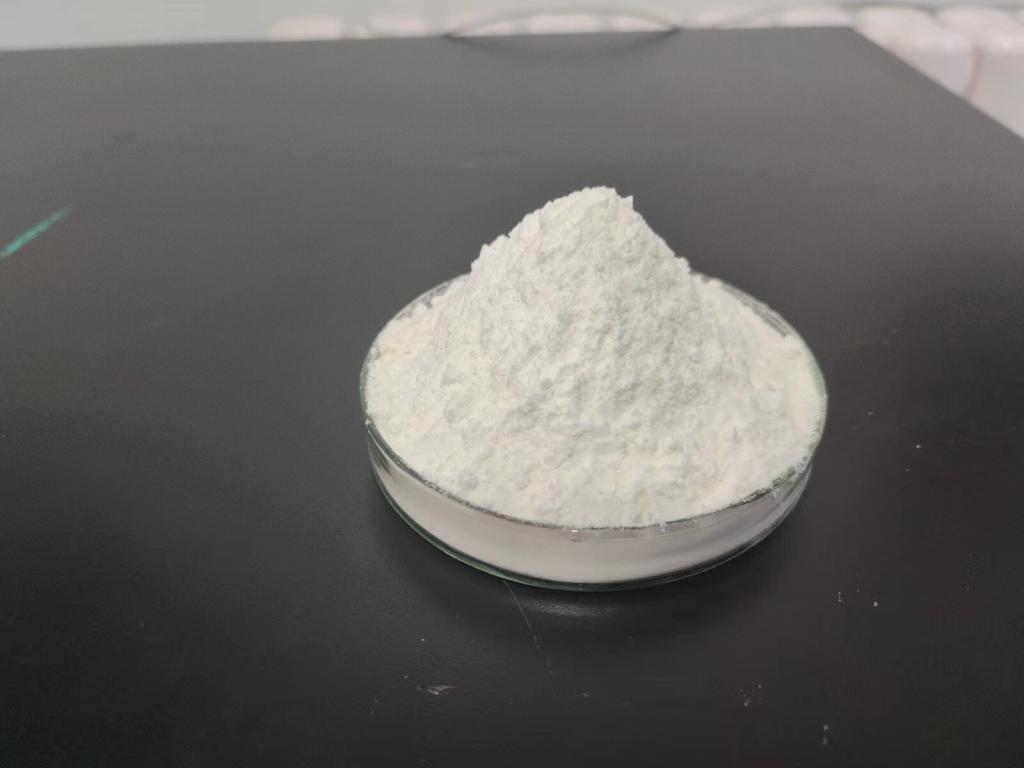Tel:+8618231198596

News
 CONTACT
CONTACT
 CONTACT
CONTACT
- Linkman:Linda Yao
- Tel: +8618231198596
- Email:linda.yao@dcpharma.cn
- Linkman:CHARLES.WANG
- Department:Overseas
- Tel: 0086 0311-85537378 0086 0311-85539701
News
Sustainable Approaches in Brewing: ε-Polylysine Hydrochloride for Quality Enhancement
TIME:2024-03-14
The Importance of Sustainability in Brewing:
Sustainability has become a key focus for breweries due to environmental concerns and changing consumer preferences. Sustainable brewing practices encompass various aspects, including resource conservation, waste reduction, and energy efficiency. By adopting sustainable approaches, breweries can minimize their environmental footprint while improving operational efficiency and profitability.
Challenges in Brewing:
Brewing processes are complex and can be susceptible to quality issues and microbial contamination, which can impact the taste, aroma, and shelf life of beer. Common challenges in brewing include:
a. Microbial Contamination: Yeasts, bacteria, and fungi can proliferate during brewing, leading to off-flavors, haze formation, and spoilage.
b. Oxidation: Exposure to oxygen during brewing and packaging can result in flavor deterioration and loss of freshness in beer.
c. Stability: Maintaining stability and consistency in beer quality throughout production, storage, and distribution is essential for consumer satisfaction and brand reputation.
Introduction to ε-Polylysine Hydrochloride:
ε-Polylysine hydrochloride is a naturally occurring biopolymer produced by microbial fermentation of Streptomyces albulus. It consists of multiple lysine residues linked by peptide bonds and exhibits antimicrobial properties against a wide range of microorganisms, including bacteria, yeasts, and molds. ε-Polylysine is biodegradable, non-toxic, and safe for human consumption, making it an attractive option for use in brewing.
Applications of ε-Polylysine Hydrochloride in Brewing:
ε-Polylysine hydrochloride has several potential applications in brewing processes:
a. Microbial Control: Adding ε-polylysine to brewing ingredients or process streams can help control microbial contamination, reducing the risk of off-flavors, infections, and spoilage.
b. Oxidation Prevention: ε-Polylysine's antioxidant properties can help protect beer from oxidation during brewing, storage, and packaging, preserving its flavor, aroma, and color.
c. Foam Stability: Incorporating ε-polylysine into beer formulations can improve foam stability and retention, enhancing the sensory experience for consumers.
d. Shelf-Life Extension: By inhibiting microbial growth and oxidative reactions, ε-polylysine can extend the shelf life of beer, reducing the need for preservatives and minimizing waste.
Benefits of Using ε-Polylysine Hydrochloride in Brewing:
The use of ε-polylysine hydrochloride offers several benefits for breweries:
a. Improved Quality: ε-Polylysine helps maintain beer quality by preventing microbial contamination, oxidation, and flavor degradation, resulting in fresher, more consistent products.
b. Reduced Waste: By minimizing spoilage and extending shelf life, ε-polylysine can reduce the volume of beer discarded due to quality issues, contributing to waste reduction efforts.
c. Sustainable Practices: ε-Polylysine is derived from natural sources and biodegrades into harmless compounds, aligning with breweries' sustainability goals and environmental stewardship.
d. Enhanced Consumer Satisfaction: High-quality beer with improved flavor, aroma, and stability can enhance consumer satisfaction and loyalty, driving sales and brand reputation.
Implementation Strategies:
Integrating ε-polylysine hydrochloride into brewing processes requires careful consideration and implementation:
a. Formulation Optimization: Determining the optimal concentration and application method of ε-polylysine for specific brewing conditions and beer styles.
b. Quality Control: Monitoring microbial populations, oxidation levels, and sensory attributes throughout brewing and storage to assess the effectiveness of ε-polylysine treatments.
c. Regulatory Compliance: Ensuring compliance with regulatory standards and guidelines governing the use of additives in brewing, including ε-polylysine hydrochloride.
d. Education and Training: Providing training for brewery staff on the proper handling, storage, and dosing of ε-polylysine to maximize its benefits while minimizing risks.
Future Directions and Challenges:
As breweries continue to prioritize sustainability and quality, ε-polylysine hydrochloride holds promise as a valuable tool for enhancing brewing processes. However, challenges such as cost, scalability, and consumer acceptance may need to be addressed to facilitate widespread adoption. Future research and innovation efforts should focus on optimizing ε-polylysine formulations, exploring novel applications, and addressing knowledge gaps to unlock its full potential in brewing.
Conclusion:
ε-Polylysine hydrochloride offers breweries a sustainable solution for improving quality and safety in beer production. By incorporating ε-polylysine into brewing processes, breweries can minimize microbial contamination, prevent oxidation, and extend the shelf life of their products while reducing waste and environmental impact. Moving forward, continued investment in research, education, and collaboration will be essential to maximize the benefits of ε-polylysine hydrochloride and drive positive change in the brewing industry towards a more sustainable and resilient future.
- Tel:+8618231198596
- Whatsapp:18231198596
- Chat With Skype







